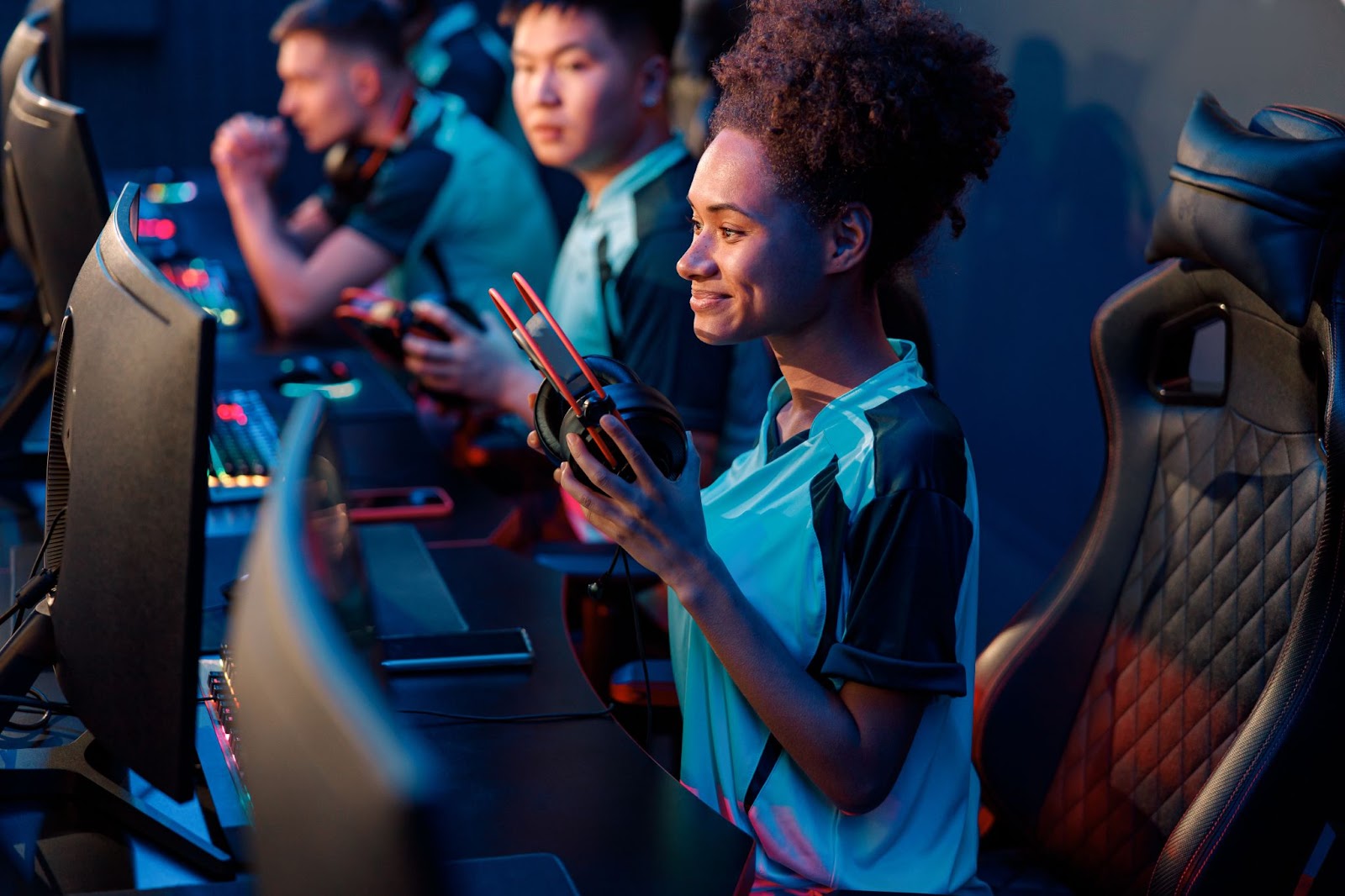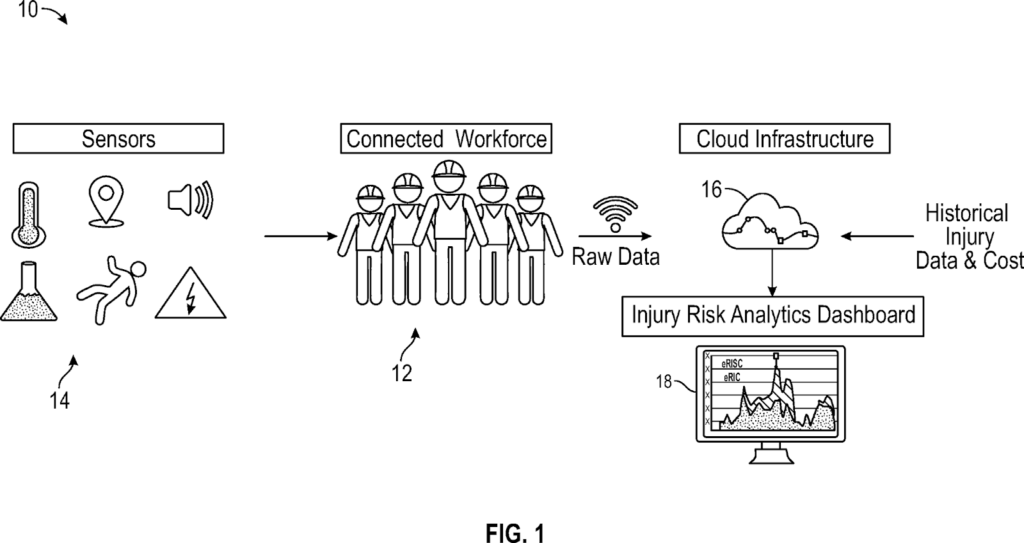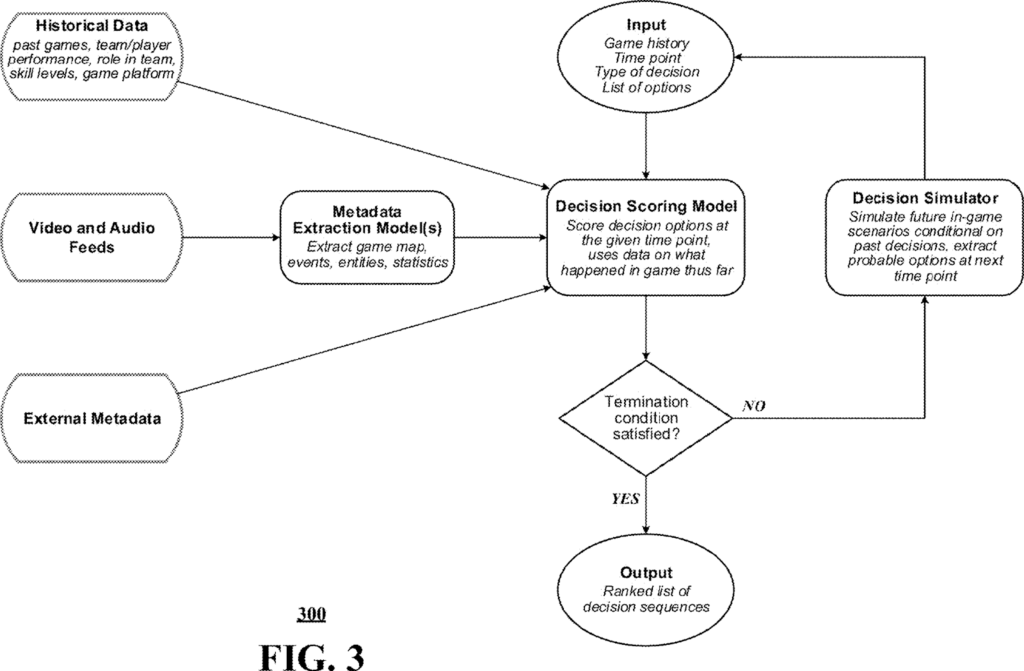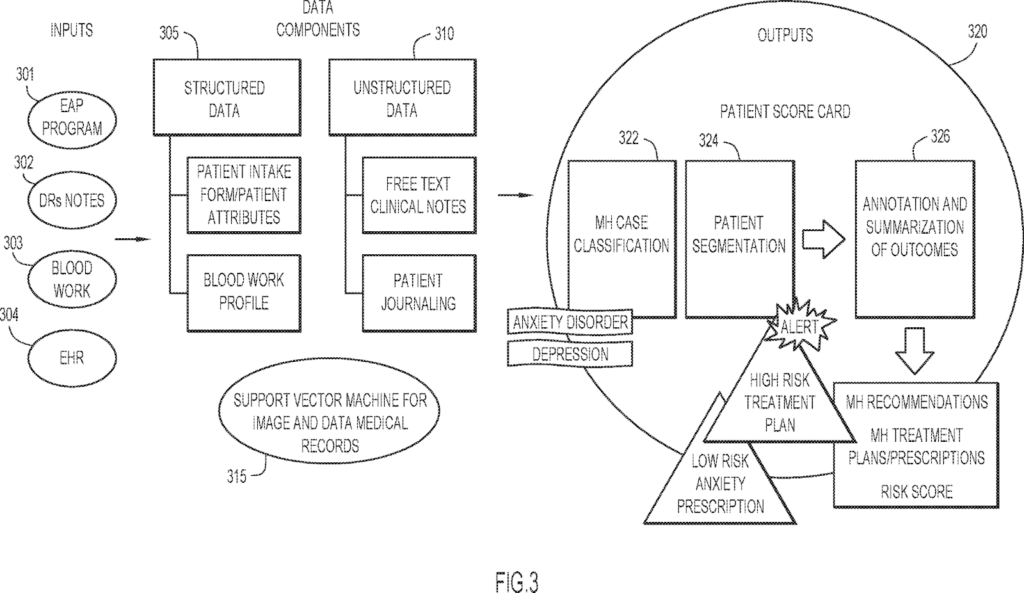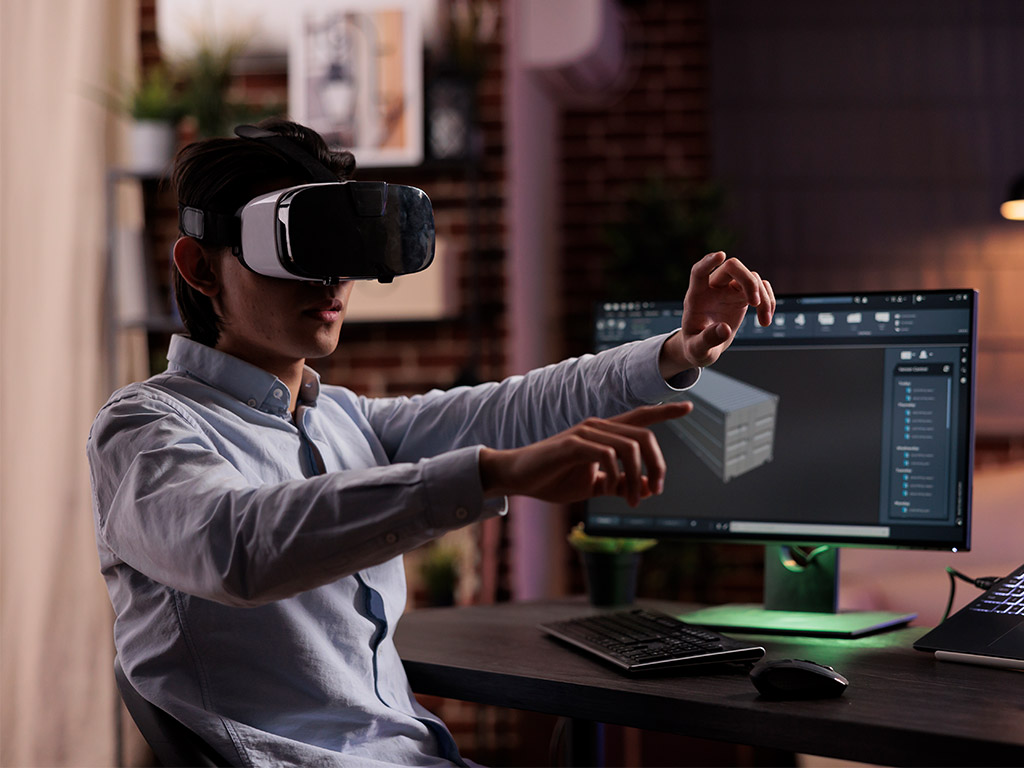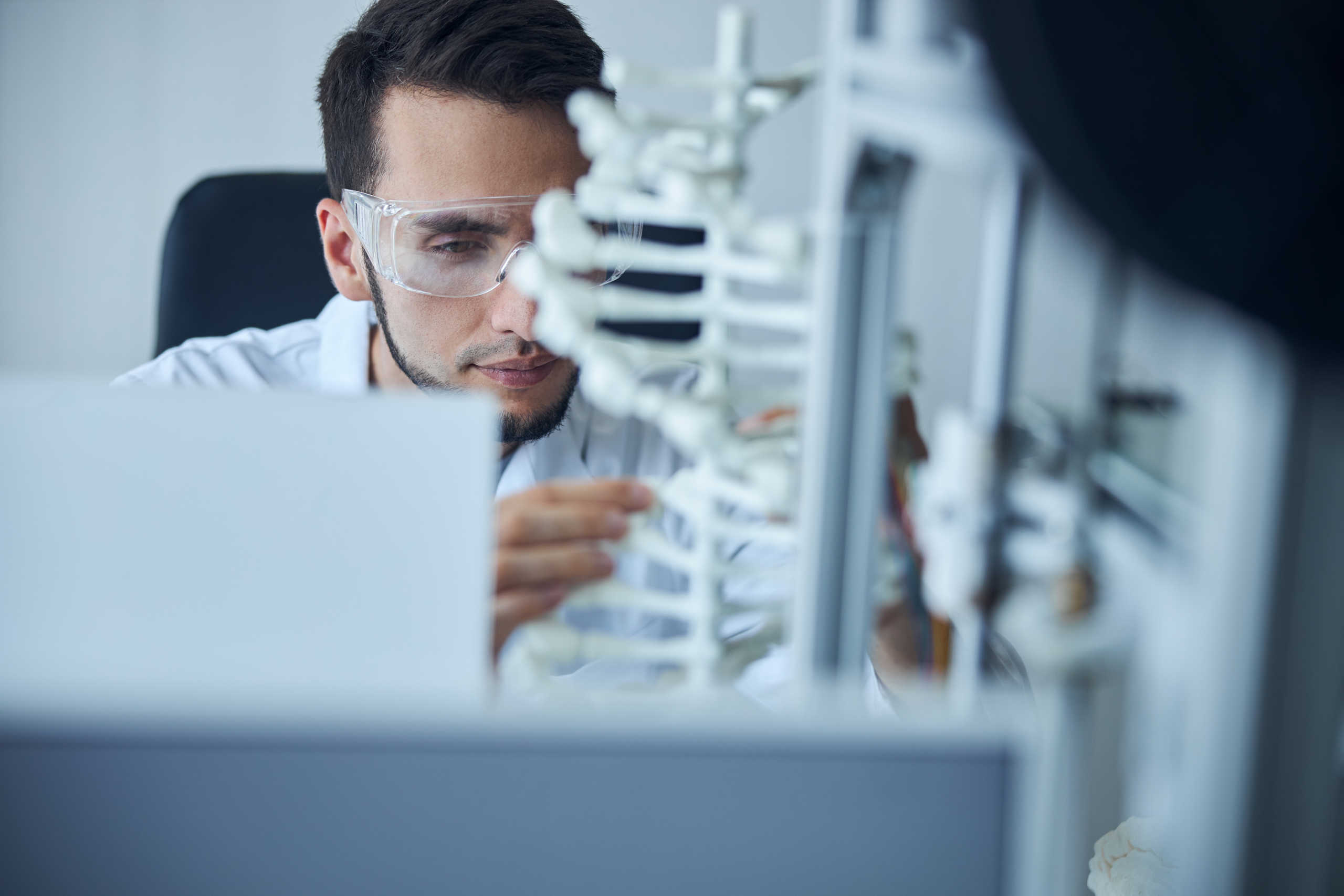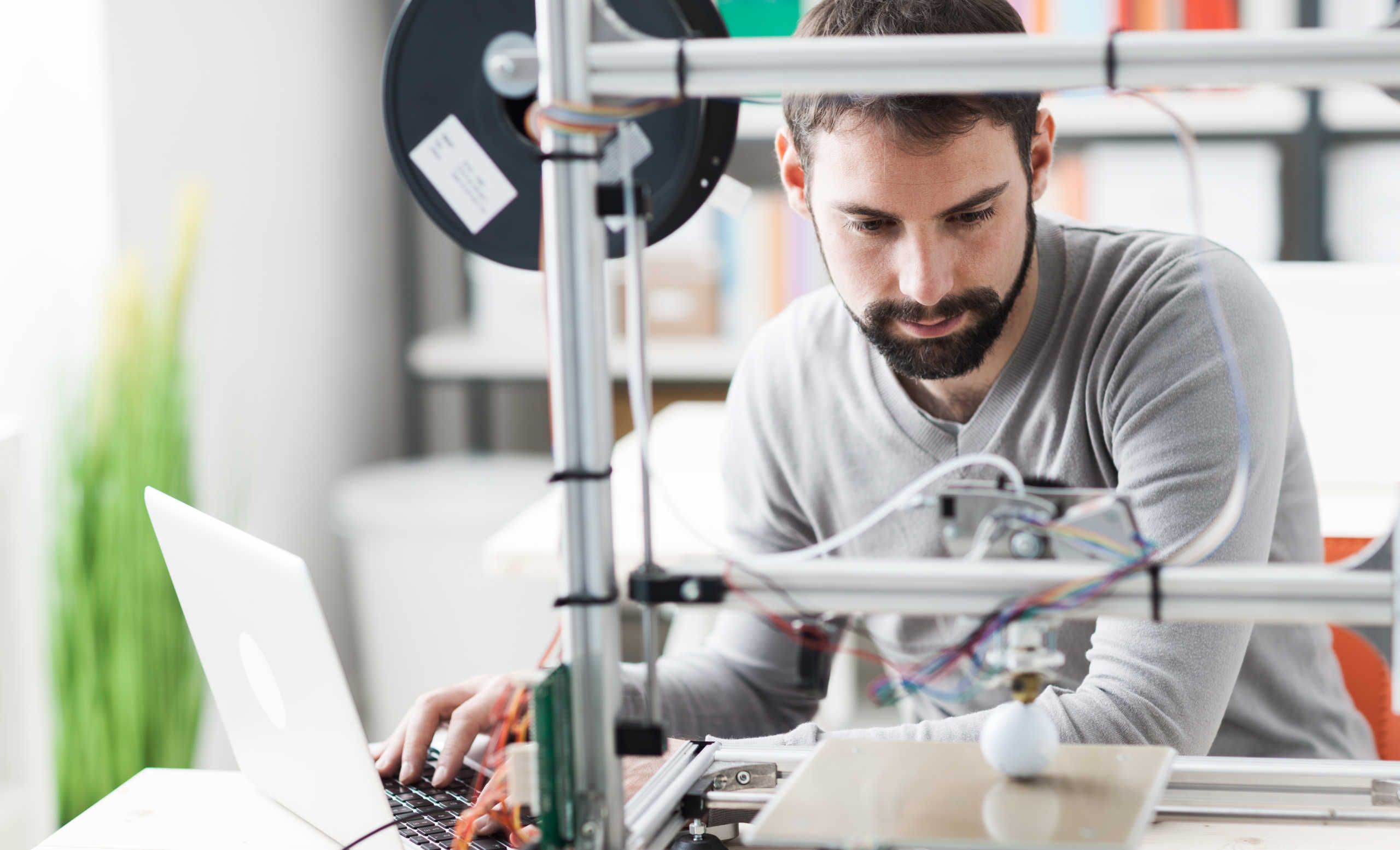Machine learning has long moved past its nascent stages in seeing its use in various industries. It is now normal to see AI-based (more particularly machine learning-based) solutions being used in all sorts of industries that previously didn’t see any need for its widespread adoption. Today, many key players, both old and new, are disrupting their respective markets by developing and implementing state-of-the-art AI-based methods, positioning themselves as industry leaders. And as the demand for AI-based solutions continues to rise, more and more companies will be looking to incorporate machine learning into their operations to stay competitive.
The Parola Analytics 2023 Technology Trends Report provides more information on emerging trends in machine learning and its impact on various industries. In this article, we looked at some recently granted patents related to machine learning.
LifeBooster Inc.
US 11,574,270: Methods and systems for workplace risk assessment
U.S. Patent No. 11,574,270 was filed on August 5, 2019 and was granted on February 7, 2023 to LifeBooster Inc. Lifebooster Inc. is a Canadian workplace safety and risk analytics company founded in 2012. Lifebooster has since continually developed their Senz™ platform as a telemetric safety solution to help manage workforce ergonomic and environmental risks through the use of lightweight wearable sensors paired with AI and machine learning-based cloud data analytics.
The ’270 patent relates to systems and methods for evaluating workplace risk by associating various sensors with individual members of a workforce to measure conditions affecting them in the workplace. Various risk scores can be derived through risk analysis of real-time sensor data during work periods for each individual, and the probability of injury is calculated by aggregating said risk scores over multiple recurring work periods. The calculated probability of injury is then used to quantify the workplace risk for said individuals, and an enterprise risk assessment is provided by combining the quantified risks, such as the risk of injury safety cost (RISC) and the reportable incident count (RIC), for each individual in the workforce.
The Senz™ platform currently provides an innovative workplace safety and risk analytics solution through the use of the company’s automated AI and machine learning-based cloud data analytics paired with the latest wearable sensor technologies. In 2021, W. L. Gore & Associates invested in the company, and Lifebooster has since managed to improve and expand on their telemetric safety technology with the smart apparels or e-textiles made in partnership with GORE-TEX Labs. The ‘270 patent nevertheless covers the use of both wearable and non-wearable sensors to be associated with the individuals in the workforce. Over the years, the Senz™ platform has also seen usage in a variety of workplace environments, including aerospace assembly lines, fleet driving operations, and material handling during automotive manufacturing.
AT&T Intellectual Property I, L.P.
US 11,574,214: Sequential decision analysis techniques for e-sports
U.S. Patent No. 11,574,214 was filed on March 31, 2020 and was granted on February 7, 2023 to AT&T Intellectual Property I, L.P. AT&T, the American multinational telecommunications holding company and the world’s largest telecommunications company by revenue, has made a number of partnerships and investments within the e-sports industry since 2018. One of the most notable of which was their partnership starting back in June of 2018 with ESL, which made AT&T their official telecommunications and mobile gaming partner in North America. ESL is one of the largest and oldest e-sports company in the world.
The ‘214 patent relates to using machine learning to train decision scoring models for an e-sport based on historical data, metadata, and other data associated with that e-sport. The model can then be used to identify a plurality of candidate in-game decision sequences in an ongoing gaming session and rank them based on the processed information. Examples of such in-game decisions include hero pick/ban decisions, item purchase decisions, gold expenditure decisions, in-game team formation decisions, attack/defend decisions, and more. The model can also be trained on various types of e-sports as well as take in various types of data.
The model described in the ‘214 patent can evidently be used for analyzing e-sport matches, both in real-time and post-hoc, and can possibly be used to provide valuable information to any interested parties, including players, teams, analysts, commentators, broadcasters, or even casual gamers, about the e-sport they’re watching or playing. The model can at least provide a quantified and arguably more robust analysis and score of the various gaming decisions in the game that doesn’t solely rely on “gut feelings” to judge whether said decisions were correct or not. With AT&T having made multiple investments in the e-sports industry over the last few years, including sponsoring a number of live streamed tournaments with prizes and other events, their development of this technology further attests to their belief in the expected growth of the currently billion-dollar e-sports industry in the near future.
Merative US L.P.
US 11,581,093: Automatic detection of mental health condition and patient classification using machine learning
U.S. Patent No. 11,581,093 was filed on September 19, 2019 and was granted on February 14, 2023 to Merative US L.P. Merative, formerly IBM Watson Health, is a standalone company as of 2022. They remain to be a health industry-focused data, analytics, and technology company, providing healthcare analytics, clinical decision support, and other services through AI and machine learning-based solutions.
The ‘093 patent, continuing their AI-based healthcare development, is generally directed to detecting mental health conditions and patient classification using machine learning. Data is analyzed and extracted from both structured and unstructured information and correlated using natural language processing (NLP). The data includes clinical data values and medical concepts pertaining to a user, and reference medical information is used to correlate the medical data with mental health conditions through NLP. Machine learning is then used to classify and determine the condition while the user is assigned to a segment based on the extracted information. A treatment is then indicated based on the processed information and the assigned segment of the user.
Under their healthcare analytics solutions, the company currently has systems in place that are used by a number of behavioral and mental health practitioners to provide care, particularly their telehealth system. This newly patented machine learning-based technology then might be used to further expand and develop their current systems to better serve those in need of mental health care. Given the continuing increase in mental health conditions worldwide, better systems being made to address these issues would certainly be a welcome one.
